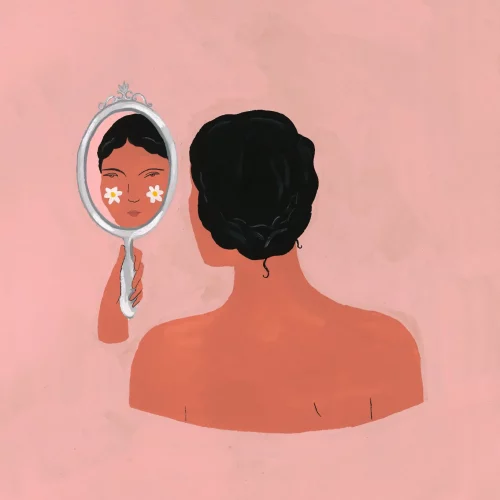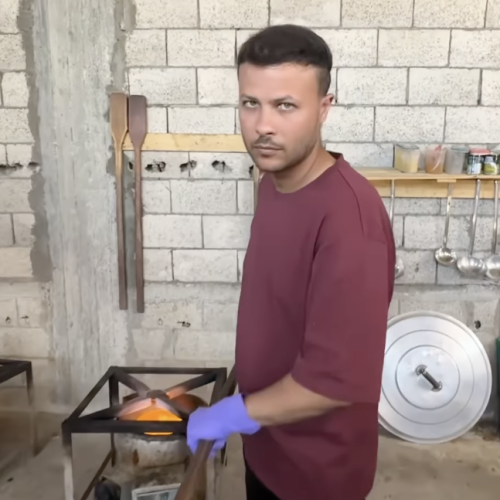Earlier this month, the Taliban announced that all beauty salons in Afghanistan must close, effective at the end of the month. Sadiq Akif Mahjer, a spokesman for the Taliban’s Ministry of Vice and Virtue, said that the decision to ban beauty salons is because they offer services forbidden by Islam, such as eyebrow plucking and weaves, and cause economic hardship for the families of grooms during weddings, as they are typically expected to cover the cost of the bride’s hair and makeup during wedding festivities. However, it’s important to note that this ban means so much more than women not being able to get their eyebrows done anymore.
When the new law comes into effect in less than a week, it will shutter around 3,000 women-run salons in Kabul, which employ thousands of women. Salons were one of the few places where women could openly work under Taliban rule, meaning that the edict will remove a vital economic lifeline for Afghani women who need to support their families, especially in a country where the aftermath of decades of violent conflict has led to a prevalent scenario where many salon employees are single mothers or the primary breadwinners in their households.
What’s more, beauty salons and parlors were one of the only remaining spaces left for women and girls in Afghanistan to safely congregate— girls are banned from attending school beyond the sixth grade, they are not allowed to go to parks or gyms, and cannot work in most professions save for healthcare and teaching— which will essentially cut them off from participating in public life. One woman told the BBC that the only sense of freedom she had was leaving her house to go to the beauty salon two to three times a year, as her husband allowed, and now she doesn’t even have that.
Following the news of the ban, women in Afghanistan held a rare protest against the Taliban’s decision, shouting “work, bread and justice” to which Taliban guards responded with water cannons, and stun guns, according to some protestors.
This move is likely the most devastating economically and socially for Afghan women since the Taliban came to power in Afghanistan nearly two-years ago. In the past, when the Taliban was in power from 1996-2001, they implemented a series of laws that heavily limited women’s rights and participation in society. Women were forced to wear burqas in public, were banned from working outside the home, and were barred from attending schools and universities. Access to healthcare and basic services was also significantly restricted for women. During that time, beauty salons were also heavily regulated, and women were only allowed to receive limited beauty services.
In August 2021, the Taliban regained control of Afghanistan after a rapid military campaign, and there were concerns about the potential reimplementation of their oppressive policies. Following the fall of Kabul, there were reports of the Taliban imposing restrictions on women’s rights and freedom again, despite initial promises of a more moderate rule than during their previous time in power in the early 1990s.
The beauty salon ban has drawn international concern from groups worried about the financial blow it will have on the 60,000 women who stand to lose their jobs, and the United Nations (UN) said it was engaged with Afghanistan authorities to get the prohibition reversed.









